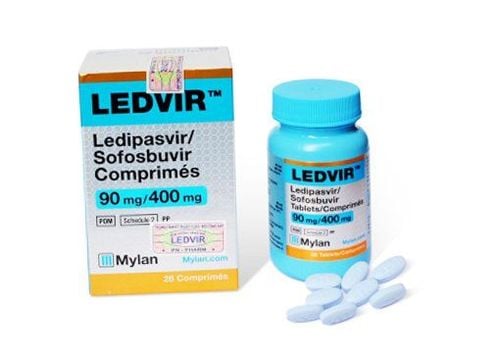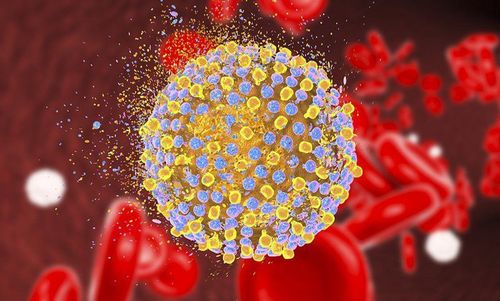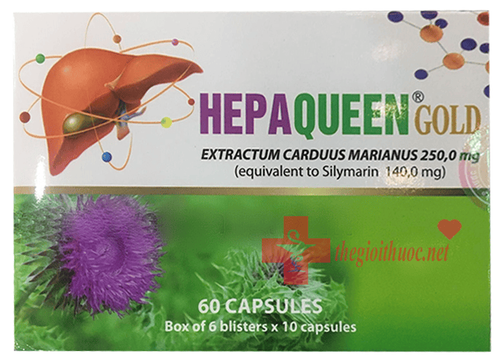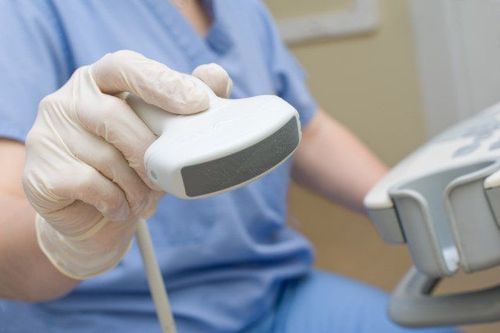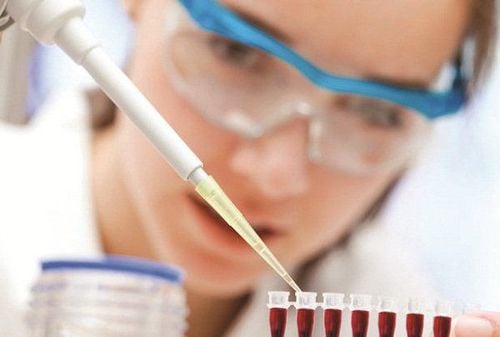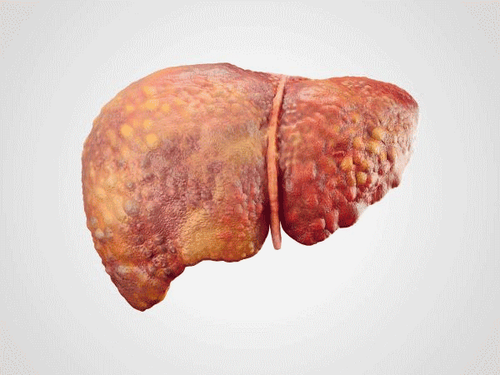This is an automatically translated article.
The article is professionally consulted by Master, Doctor Vu Tan Phuc - Gastroenterologist - Department of Examination & Internal Medicine - Vinmec Phu Quoc International General HospitalThe liver is the main organ for detoxification, metabolizing food, and storing fuel in various forms. Everything we eat or drink, including drugs, passes through the liver. A fact shows that the Vietnamese liver is overworked and not properly protected.
1. Function of the liver
The liver is about the size of a ball, located in the right lower quadrant. The liver has many important functions, such as cleaning the blood by filtering harmful substances that the body produces, the liver also produces bile, which helps break down fats from food, not only that, the liver also stores A sugar substance called glucose, which is the body's emergency energy reserve.
2. Common liver problems
2.1 Infections
Parasites and viruses can attack the liver, causing inflammation and reduced liver function. Viruses that cause liver damage can be transmitted through blood, semen, contaminated food or water, or close contact with a carrier. The most common are:Hepatitis A Virus Hepatitis B Viral Hepatitis C
2.2 Abnormalities of the immune system
A number of conditions that occur when the immune system reverses its attack on certain parts of the body (autoimmune disease) can adversely affect the liver, including:Autoimmune hepatitis Cirrhosis Primary cholestatic cirrhosis Primary sclerosing cholangitis
2.3 Genetics
Genetic abnormalities inherited from one or both parents can cause different substances to build up in the liver, leading to liver damage. Hereditary liver disease including:Iron deposition Hyperoxaluria and oxalate toxicity Wilson's disease Alpha-1 antitrypsin deficiency
2.4 Cancer and other abnormally progressive diseases
Liver cancer Cholangiocarcinoma Liver adenoma In addition, common causes of liver disease include:Long-term alcohol abuse Fat deposits in the liver (non-alcoholic fatty liver disease)
2.5 Risk factors
Factors that increase the risk of liver disease include:Alcohol abuse Sharing needles Tattooing or piercing Unsafe blood transfusions Exposure to blood or secretions from a person at risk Unsafe sex Full Exposure to certain chemicals or toxic substances Diabetes Obesity It is not difficult to keep the liver healthy, what we need to do is lead a healthy lifestyle, away from harmful factors rather than eat or drink foods or medicines that are said to be nourishing for the liver.
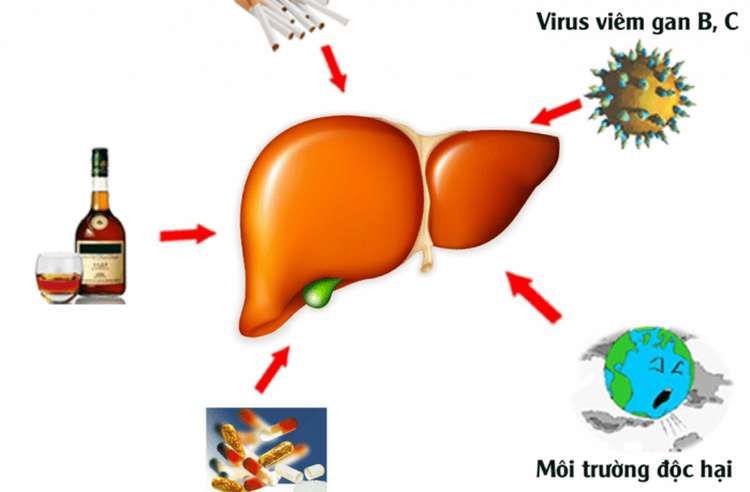
3. How to protect your liver?
Here are the things we should do to have a healthy liver:Do not drink a lot of alcohol Alcohol destroys liver cells causing swelling or scarring of the liver, which can progress to cirrhosis, which is life-threatening. So how much alcohol is enough? The US government recommends that men should drink no more than 2 drinks a day and for women only one is enough.
Healthy diet and regular exercise Keeping to a healthy weight will prevent non-alcoholic fatty liver disease. A healthy diet keeps the liver from working too hard to get rid of harmful substances.
Be careful with some medications Some medications for treating cholesterol can have side effects on the liver. Especially taking too much paracetamol can cause liver damage. Paracetamol is very common and is included in hundreds of prescription cold and pain medications. Some drugs are harmful to the liver if taken with alcohol, or some are harmful when combined with other drugs. Check with your doctor and pharmacist to make sure you are taking your medicine safely.-
Prevention of viral hepatitis There are many types of viruses that cause hepatitis, viral hepatitis destroys the liver. seriously. Hepatitis A virus is transmitted through food. Hepatitis B and C viruses are spread through blood and body fluids. Be fully vaccinated, do not share toothbrushes, razors or needles. Limit the number of sexual partners and always use condoms.
Check for viral hepatitis Usually viral hepatitis doesn't cause any symptoms, so you could have had it for a long time without even knowing it. You can see your doctor for an appointment to get tested if you suspect contact with the source of infection, or get tested regularly every 6 months or 1 year.
Do not touch or smell hazardous substances Some cleaning chemicals, aerosol products and insecticides contain chemicals that can be harmful to the liver. Please avoid direct contact with these substances by wearing protective gear, gloves, masks, ... the addictive substances in cigarettes also damage the liver, so don't smoke and avoid passive smoking.
Caution when taking herbs and supplements Some herbs and supplements can be harmful to the liver, such as cascara, chaparral, lindenum, kava, ephedra. In recent years, a number of herbs and foods have been praised for their ability to regenerate the liver, including: milk thistle, borotutu bark, and phyllanthus. Be wary, however, as there is no high-quality evidence so far that these plants actually promote liver health.
Currently, Vinmec International General Hospital has Hepatobiliary Screening packages, which help detect hepatitis virus at an early stage even when there are no symptoms. In addition, the comprehensive hepatobiliary screening package helps customers:
Evaluate the liver's ability to work through liver enzyme tests; Evaluation of bile function; vascular nutrition; Early screening for liver cancer; Perform tests such as: total blood cell analysis, blood clotting ability, screening for hepatitis B and C; Assessment of hepatobiliary status through ultrasound images and diseases that have the potential to affect liver disease/exacerbation of liver disease. In-depth analysis of parameters to evaluate hepatobiliary function through laboratory and subclinical tests; the risk of affecting the liver and early screening for hepatobiliary cancer. If you have unusual symptoms, you should be examined and consulted with a specialist.
Please dial HOTLINE for more information or register for an appointment HERE. Download MyVinmec app to make appointments faster and to manage your bookings easily.
Reference source: Webmd.com; Mayoclinic.org





